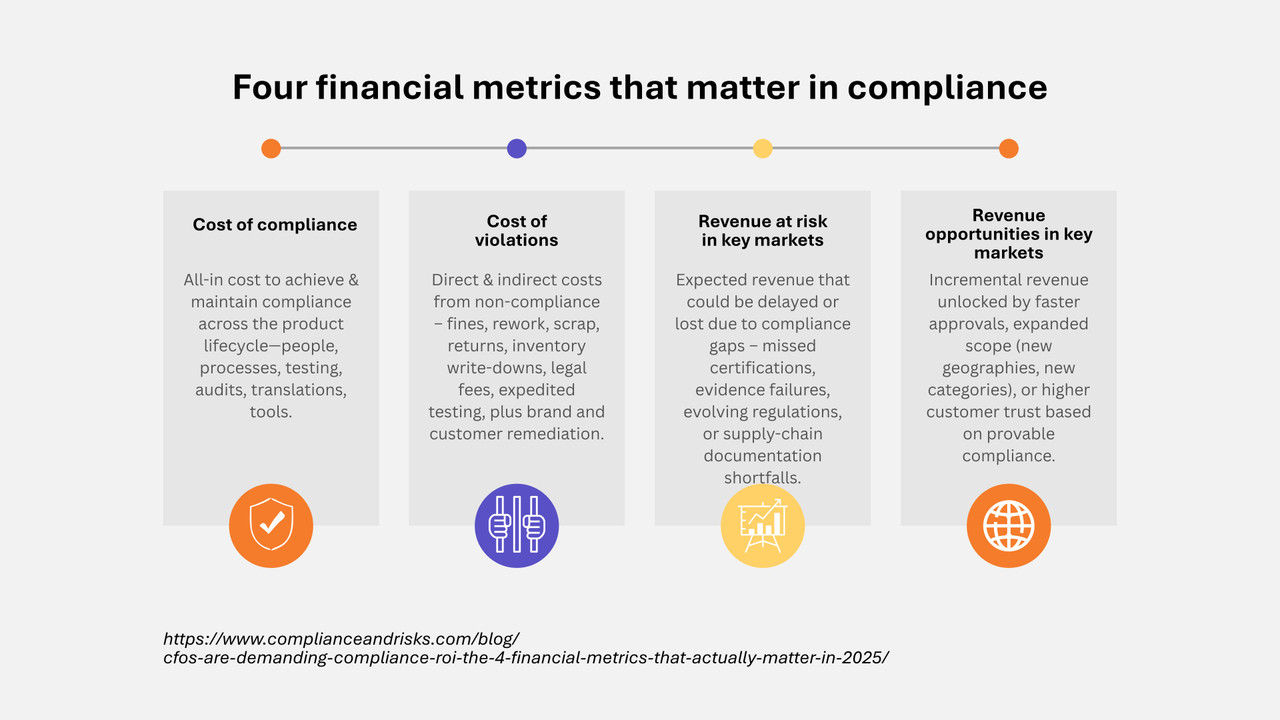
ROI of compliance: How good governance can help you win
Too many businesses view compliance as a cost. At GoldOurs, we believe not only does it significantly minimise business risk, but it is also a competitive advantage to advance the business.
Let’s take a closer look at the benefits, as well as financial metrics, to help do a better job. Read our next blog.
Compliance in South Africa involves adhering to various legal and regulatory requirements, including the Companies Act, the Broad-Based Economic Empowerment Act, the Protection of Personal Information Act, and the Financial Intelligence Centre Act (which addresses anti-money laundering). In some sectors, businesses must also comply with their sector-specific regulations, health and safety laws, and financial reporting obligations. Goldours shares its insights on how to transform onerous compliance into a competitive advantage.
The benefits of compliance encompass both quantitative and qualitative gains, including cost savings and increased earnings. Qualitative benefits include an enhanced reputation, brand value, and greater trust.
A strong compliance programme ensures that risks, such as fines and reputational damage, are minimised.
If one takes it further, compliance can also provide a competitive advantage, making it a strategic investment rather than a cost centre.
Navex, a leading American authority on governance, risk, and compliance, states that organisations centralising their compliance programmes can reduce administrative overhead by as much as 20%. This doesn’t just free up resources – it redirects them toward growth and innovation.
It's not an insignificant number. So let’s take a closer look at the benefits:
Quantitative benefits
- Cost savings: Preventing violations, conflicts, and fines can result in annual savings of millions of dollars.
- Increased earnings: Compliance can lead to higher profits by increasing efficiency and allowing more time for strategic initiatives.
Qualitative benefits
- Enhanced reputation: A strong compliance programme builds trust with stakeholders and improves professional reputation.
- Competitive advantage: Compliance can differentiate a company and provide the ability to pursue new business opportunities.
- Risk mitigation: It directly reduces the risk of financial penalties, legal issues, and other consequences that arise from non-compliance.
- Long-term mission success: Compliance ensures the business is operating sustainably, contributing to its long-term goals.
And what financial metrics matter? Four are listed by Compliance & Risks, which operates in the United States and EMEA:









